Explore our multiple pathways to lasting recovery at our mental health & addiction treatment center in Florida at Calusa Recovery.
Exploring the complex world of DBT can reveal a new way to approach mental health and addiction. Celebrated for its efficacy, DBT provides a holistic and compassionate perspective through which people navigate through their challenges.
Combining cognitive behavioral therapy (CBT) with mindfulness practice, DBT gives people the tools they need to effectively manage stressful situations, setting them up for long-term healing.
Join us on a journey of self-discovery as we reveal the deep impact that DBT has on our mental well-being and substance use, illuminating the road to sobriety and profound change.

Dialectical behavior therapy is based on dialectics, which is the practice of bringing two or more opposing points of view together in order to achieve equilibrium. Dialectical behavior therapy recognizes the dialectical relationship between acceptance and resistance, and encourages people to accept both as part of their healing journey.
DBT is broken down into four core modules: mindfulness; distress tolerance; emotion regulation; and interpersonal effectiveness. Together, these modules form the core of DBT, giving people the tools they need to effectively manage their emotions and behavior.
Because DBT is a relationship-based therapy, the therapist and the patient work together to create an environment conducive to growth and self-awareness.









Have more questions?
Contact our admissions team at 866.939.6292
At Calusa Recovery, we focus on treating a wide range of mental health and substance use issues.
Our approach emphasizes tailored treatment plans that use effective and holistic strategies, promoting lasting recovery for our clients.



Not only does DBT have a huge impact on your mental health, but it has also become a valuable tool in the treatment of substance abuse.

DBT goes beyond the therapeutic realm and encourages people to incorporate its principles and techniques into their daily lives.
The smooth transition of DBT into daily life allows people to develop a more balanced and purposeful approach to their lives, building resilience, awareness, and emotional health in a variety of settings.
Have more questions?
Contact our admissions team at 866.939.6292
We work with most major insurance carriers to help provide affordable, accessible treatment options to those who need it most. Our admissions coordinators can answer all of your questions. Call for a confidential assessment and insurance verification.






While DBT provides a path to recovery for people struggling with mental health issues and substance abuse problems, it does come with some challenges along the way. Breaking habits of thought and behavior, learning new coping techniques, and cultivating self-love can all be difficult tasks that take patience and support.
Interpersonal dynamics in group DBT may also provide you with opportunities to work through conflict, differences in point of view, and the intricacies of working together. By embracing DBT principles like non-judgment, acceptance, and assertive communication in a group setting, you can create a supportive and inclusive environment that will help you face these challenges with strength and compassion.
Acknowledging and responding to these moments with empathy and transparency can help you gain a better understanding of your inner world and improve your ability to grow and change.
DBT’s impact on mental health, as well as its impact on substance abuse, is mind-boggling. By combining cognitive behavioral therapy (CBT) with mindfulness practices, DBT gives people the tools they need to navigate stressful situations, setting them up for long-term healing.
Integrating these skills into daily life helps build resilience, self-control, and adaptive coping skills, enriching your ability to live authentically and gracefully through life’s challenges.
When you choose DBT, you’re embarking on a journey of resilience, change, and deep healing, supported by a therapeutic mindset that respects your innate ability to thrive and heal.

